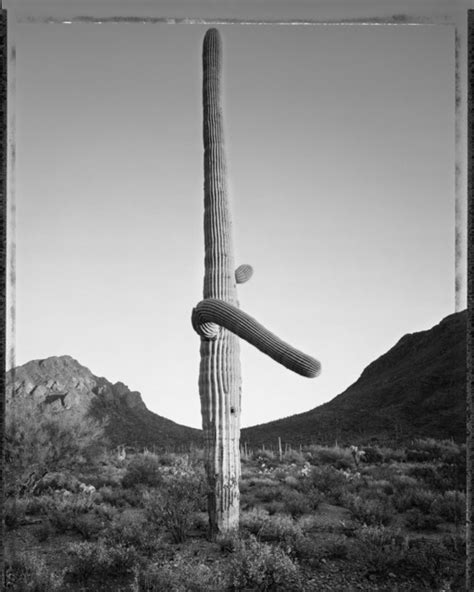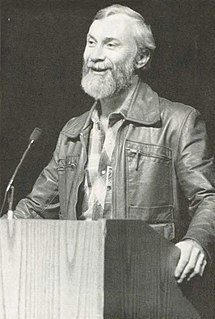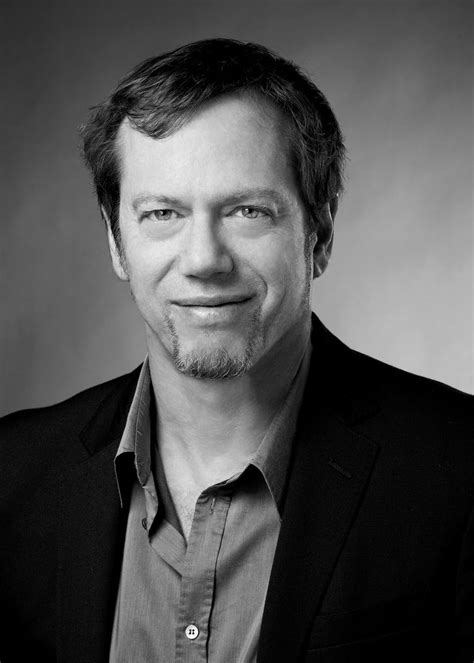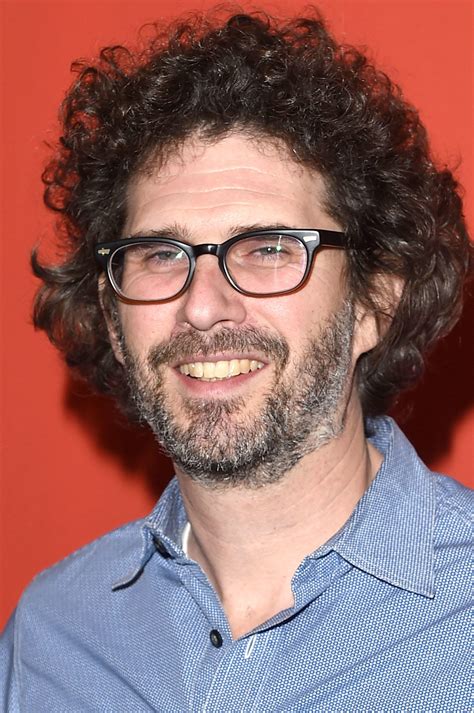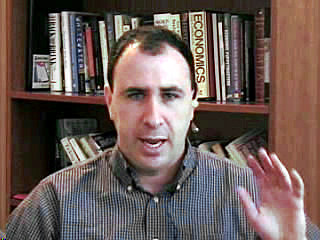A Quote by Mark Klett
I am interested in making photographs which comment on the experience of a place as well as describe it. My position has not typically been one of advocacy for or against any political position. But I regard photographs as commentary, and that includes, at times, taking a specific political viewpoint on an issue.
Related Quotes
Erasmus dramatizes a well-established political position: that of the fool who claims license to criticize all and sundry without reprisal, since his madness defines him as not fully a person and therefore not a political being with political desires and ambitions. The Praise of Folly, therefore sketches the possibility of a position for the critic of the scene of political rivalry, a position not simply impartial between the rivals but also, by self-definition, off the stage of rivalry altogether.
Climate change should not fundamentally be seen as a political or partisan issue, but it has been turned into a political football primarily by the climate deniers who have a vested interested in maintaining the status quo. That includes certain industrial interests, financial interests and political interests.
A good print is really essential. I want to take strong documentary photographs that are as good technically as any of the best technical photographs, and as creative as any of the best fine-art photographs. [...] I don't want to just be a photo essayist; I'm more interested in single images...ones that I feel are good enough to stand on their own.
I would not describe myself as a political writer except in the sense that the personal is political, which is something that I do strongly believe. And in that sense American Gods is a very personal novel and a political novel. I was trying to describe the experience of coming to America as an immigrant, the experience of watching the way that America tends to eat other cultures.
Modern equalitarian societies whether democratic or authoritarian in their political forms, always base themselves on the claim that they are making life happier. Happiness thus becomes the chief political issue -- in a sense, the only political issue -- and for that reason it can never be treated as an issue at all.
The photographs of space taken by our astronauts have been published all over the place. But the eye is a much more dynamic mechanism than any camera or pictures. It's a more exciting view in person than looking at the photographs. Of course, I personally am sick and tired of hearing people talk like that: I want to see it myself!
[When] I am taking a photograph, I am conscious that I am constructing images rather than taking snapshots. Since I do not take rapid photographs it is in this respect like a painting which takes a long time where you are very aware of what you are doing in the process. Exposure is only the final act of making the image as a photograph.
Netanyahu and his coalition have no strategy of their own except endless counterinsurgency against the backdrop of a steadily deteriorating diplomatic position within the world and an inexorable demographic decline. The operation in Gaza
is not Netanyahu’s strategy in excess; it is Netanyahu’s strategy in its entirety. The liberal Zionist, two-state vision with which I identify, which once commanded a mainstream position within Israeli political life has been relegated to a left-wing rump within it.
